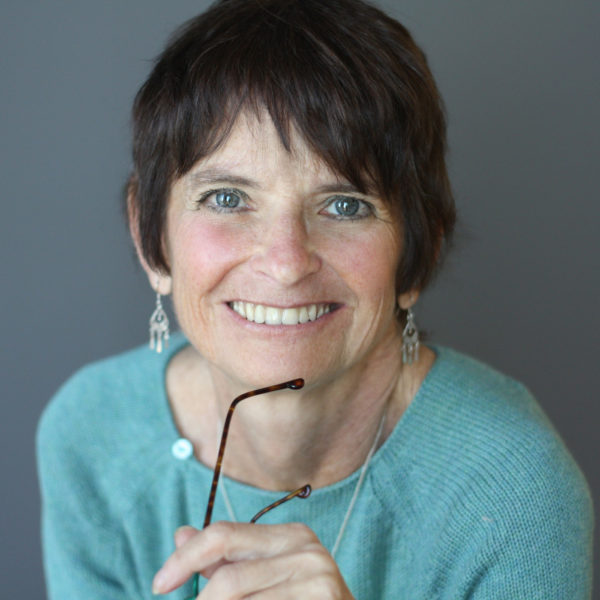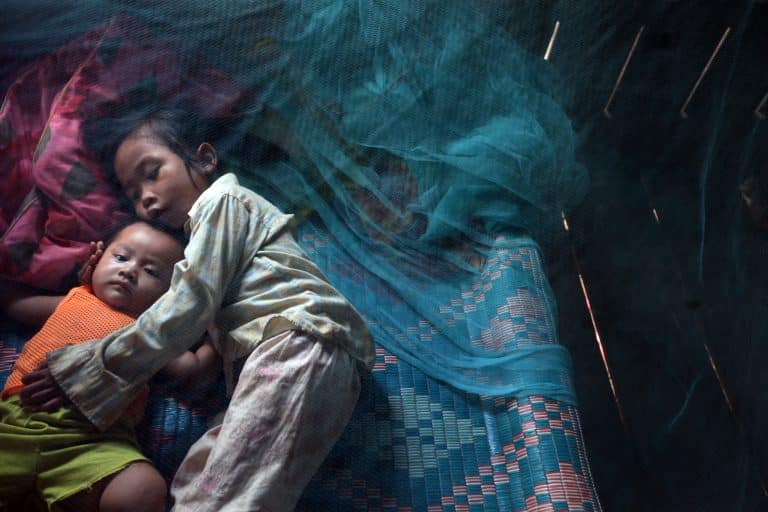Sibling Revelry
The five-year age difference between me and my brother is not a gap, it’s a yawning chasm. We only overlapped in school for one year, when he was in kindergarten and I in sixth grade. Then I was off to junior high, to high school, and then to college, always so far ahead of him I could barely see him in my rear-view mirror.
We did intersect, ever so briefly, after I graduated, gotten a job and an apartment, while he was still at home. My fourth-floor walk-up in New York City became the place where he crashed when his adolescent rebellion collided with my father’s efforts to rein him in. I’d leave for work as he slept on my convertible sofa, his tangle of curls on the pillow a sweet sight.
That was 46 years ago.
Soon, he too was off to college. Since then we’ve lived at arm’s length, although often in the same city until the late 1990s when we shared my late mother’s care at the end of her life. We were not estranged, or even at odds, and “passed’’ as normal, loving siblings. Rather, we were two people who shared the same parents and the same childhood home, but little else. We barely knew each other but didn’t think much about how odd that was since it had always been that way.
It had always been that way until it wasn’t.
Our coming together was as little noted as our separateness had been. Decisions needed to be made about our mother, who had been widowed at 58, and it was our joint task to make them. That meant talking to each other daily and often multiple times a day. It meant coordinating our travel plans so someone would always be close by. It meant dividing up the responsibilities of care-giving, guided by what each of us was good at. It meant cooperating, trusting each other, and not straining at the harness that now held us together.
It was a steep learning curve, and a more conscious process, I imagine, than the experience of siblings who are close when they are young. Sometimes dealing with him was harder than dealing with the imminent loss of our only surviving parent. Other times, he was my salvation because together we could we speak the unspeakable: That we just wanted it to be over.
The title of this column is a phrase that Michael, now 63, invented and used to autograph my copy of a book he wrote in 1995. He has always been clever that way, which I envy, as I do many of his characteristics that are so different than mine.
My theory has always been that the oldest sibling, from a universe of possibilities, stakes out who they will be. When the second child comes along, that niche has been taken, so they generally chose another. Layered upon birth-order is gender. Or maybe it’s the other way around.
In our family, Michael has always been a risk-taker (nothing ventured, nothing gained), someone who rushes toward conflict (unafraid of opposition), a charming social creature, an optimist even in the face of the longest odds. I’m cautious, conflict-avoidant, quick to smooth hard feelings with apologies (even when I’m not sorry), and something of a hermit. Above all, I’m a pessimist, always imagining the worst thing that can possibly happen, even in situations that I’ve been through successfully many times before.
Beside our distinct personalities and dispositions, we each carry childhood grievances and continue to trip over them more than I’d like to admit. “Mommy liked you better” is the one I can’t let go of, even at the age of 68, so global it covers just about everything.
His are specific and evoke events and places I’d otherwise have forgotten, like the first time I saw a Broadway play, The Miracle Worker, with Patty Duke as Helen Keller and Anne Bancroft as her legendary teacher. “How come I didn’t get to go?” he sulks. The year was 1959. I was 12 and he was seven. He likely stayed at home with a babysitter. The same is true for special-occasion dinners at a historic steakhouse in Williamsburg, Brooklyn: Peter Lugar’s. His complaints of not being there conjure up the delectable hash-brown potatoes and creamed spinach, delicacies I last ate when I was 10.
I’m told that we look alike, although I don’t see it. Rather, I see his uncanny resemblance to our father, who was younger than Michael is now when he died. The full head of black curls now dusted with gray. The hunch of his shoulders. In a certain light, it’s like seeing a ghost.

Do we fight? Like cats and dogs. On email, he is accusatory and I am self-righteous. Our horrid messages go back and forth for hours, sometimes days, since both of us insist on having the last word. He says that he often doesn’t pick up the phone when I call because he doesn’t want to talk to me. I do the same except I don’t tell him. He deletes my messages if they are too long. Recently, he so inflamed me that I hung up mid-sentence, something I’ve never done before, to anyone, and hope never to do again.
For a long time, having no experience in this kind of exchange, every battle felt like the end of the world, as if we’d fall forever silent, as we once had been, and disappear from each other’s lives. Instead we take a time-out — adults using the same technique as children, but without a grown-up to referee. Then, without reference to what came before, we resume the conversation.
He’s just back from a disappointingly rainy vacation in Jamaica, with travel delays in both directions. He missed a blizzard in New York, the only one this winter, and later a cold snap that drove temperatures below zero. I commiserate with him. He commiserates with me.
I wish I’d “known” him when we were growing up, rather than squeezing decades of learning about each other into a few years. But a more productive way of looking at it is that I’m glad I know him now. I wish my mother could see us.


Share your reflection